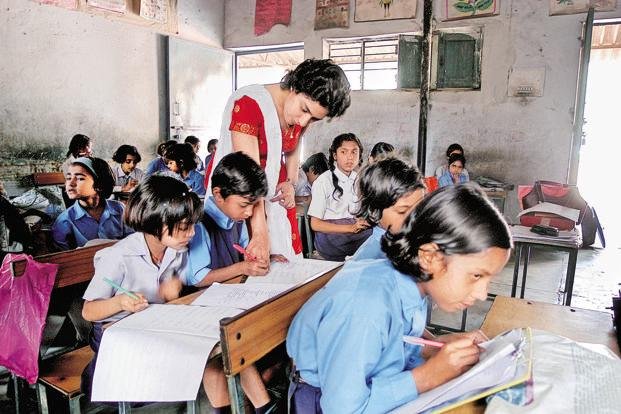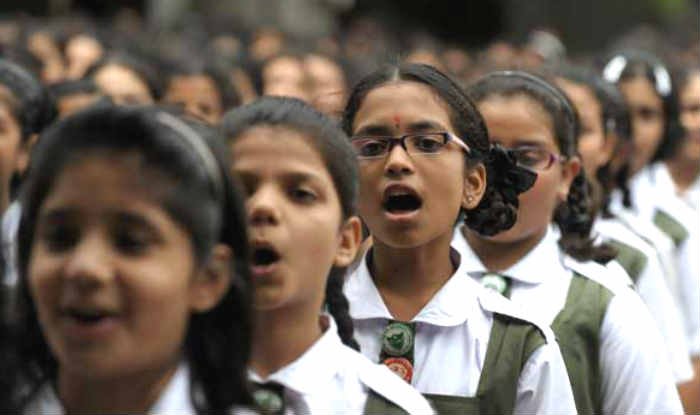Failure of schools to help their students achieve specified learning outcomes may attract court cases or government action, according to amendments in rules under the Right to Education Act.
Learning outcomes are assessment standards which help teachers understand the learning levels of students in their respective classes, individually as well as collectively.
The HRD Ministry has issued a gazette notification informing that the Centre has amended the Right of Children to Free and Compulsory Education (RTE) Rules, 2010, to include provision for the preparation of class-wise learning outcomes.

What does the latest amendment say?
All the states, except for Jammu and Kashmir, have been asked to prepare “class-wise, subject-wise learning outcomes for all elementary classes”, according to the notification.
It has also asked the states to devise guidelines for putting into practice continuous and “comprehensive evaluation to achieve the defined learning outcomes”.
The notification makes it mandatory for all schools to achieve the minimum learning outcome by the end of every academic year. “Schools failing to help their students achieve the specified learning outcomes may attract litigations or government action,” an HRD Ministry official said.

The National Council for Education Research and Training (NCERT) had put out an exhaustive list of learning-outcome indicators for classes I-VIII in English, Hindi, Urdu, Science, Mathematics and Social Sciences subjects.
The list was put in public domain in January for feedback.
“The states will be asked to prepare guidelines to put into practice continuous and comprehensive evaluation to achieve the defined learning outcomes for classes I-VIII before the 2017-2018 academic session begins,” the official said.
The revised rules came into effect from February 20, he said.
(Feature image source: AFP)

















